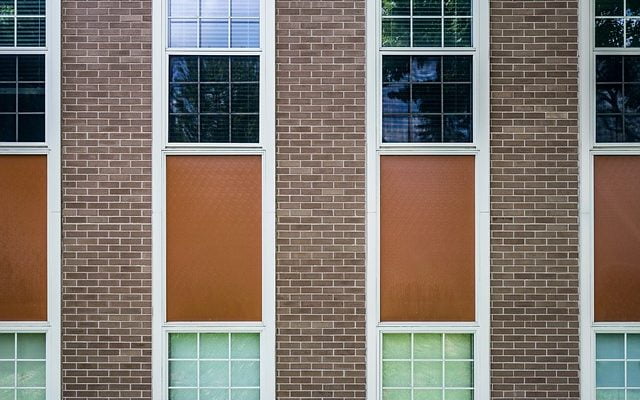Moving to Toronto suburbs rarely saves cash: CMHC

Nowadays, most people are choosing to buy housing in the suburbs surrounding the city because it is cheaper than buying in the Greater Toronto Area. But according to a news report, data from Canada Mortgage and Housing Corporation, the added costs of a long commute ends up outweighing the savings you get from a cheaper housing.
The study found that homeowners attracted to affordable housing with a plot of land in a bedroom city can save money by commuting via public transit. However, the trade-off occurs in the time it takes to driving takes less time than transit commuting.
“It’s important that people are looking at the cost of commuting when they’re considering the cost of carrying a home,” said Andrew Scott, a senior analyst with CMHC.
“They also should be looking at commuting times. It can cost more than $500 a month to commute. It’s going to be a sizeable portion of your budget.”
The study used 2016 census data from Statistics Canada, as well as estimates of housing costs from the same year from the Toronto Real Estate Board to crunch the numbers on housing and commuting costs.
The cost of commuting ranged from an average of about $200/month in the city of Toronto to more than $800/month in Halton Hills to the northwest, Georgina to the north, and Clarington to the east. The closer suburbs like Brampton, Mississauga, Richmond Hill, Vaughan, Pickering, and Markham, the commuting costs was estimated somewhere between $200 and $399/month.
The estimates only cover the cost of one person commuting in a household. No doubt, the figures would likely be higher if both partners were to commute, Scott said. The CMHC’s estimates factored in the cost of operating a vehicle, but it didn’t add the cost of parking, which is another added expense.
The study from CMHC also did not compare the cost of living in downtown Toronto to the value of commuting and living from the closer suburbs like Etobicoke and Scarborough.
It did, however, estimate the cost of commuting within Toronto, and it was approximately $115/month. This is because several people bike, walk, or use transit, and thus they have low costs to get to work.
“One of the things that make commuting costs lower in Toronto is that residents have ready access to rapid transit,” Scott said.
Scott also said commuting by transit tends to be cheaper for suburban commuters, as it is for city dwellers. Sadly, transit will end up taking longer, and the time you’re willing to spend commuting via transit will depend on how much you value your time.
The study favours the argument of more investment in transit to the GTA suburbs, Scott said. It clearly shows that people are choosing to live outside the city so that they can afford a home.
The study also found that 67 percent of commuters living in the 905 area come into the city by car, while 49 percent of commuters within the city limits use a car.








